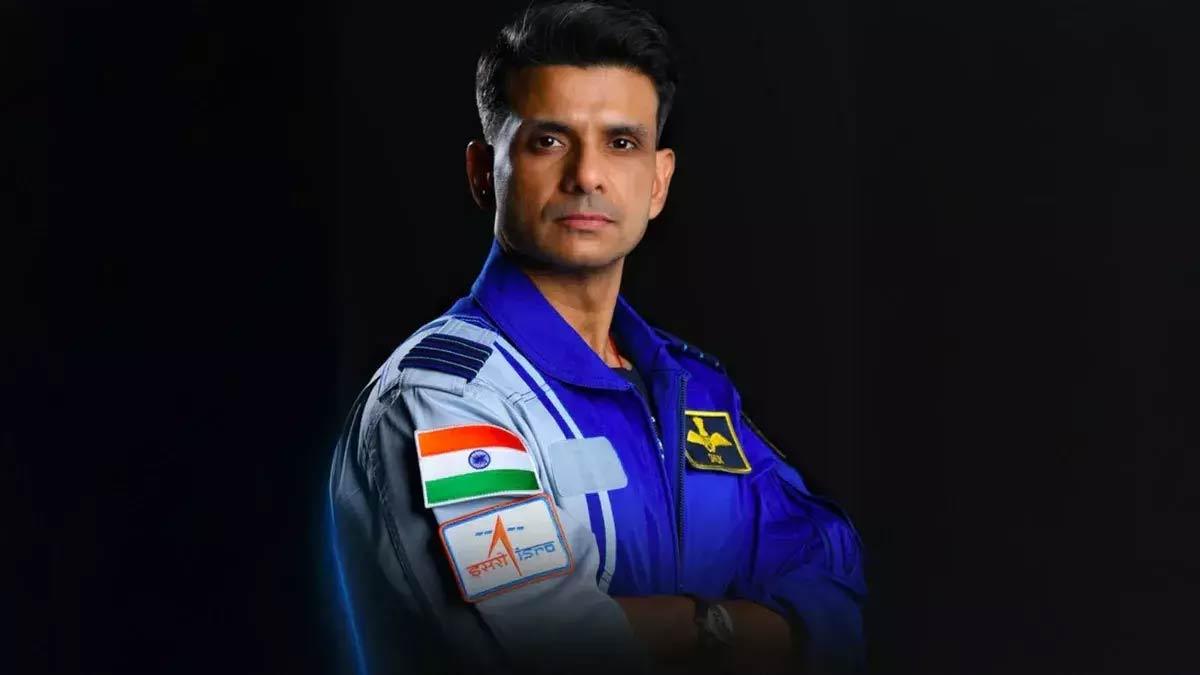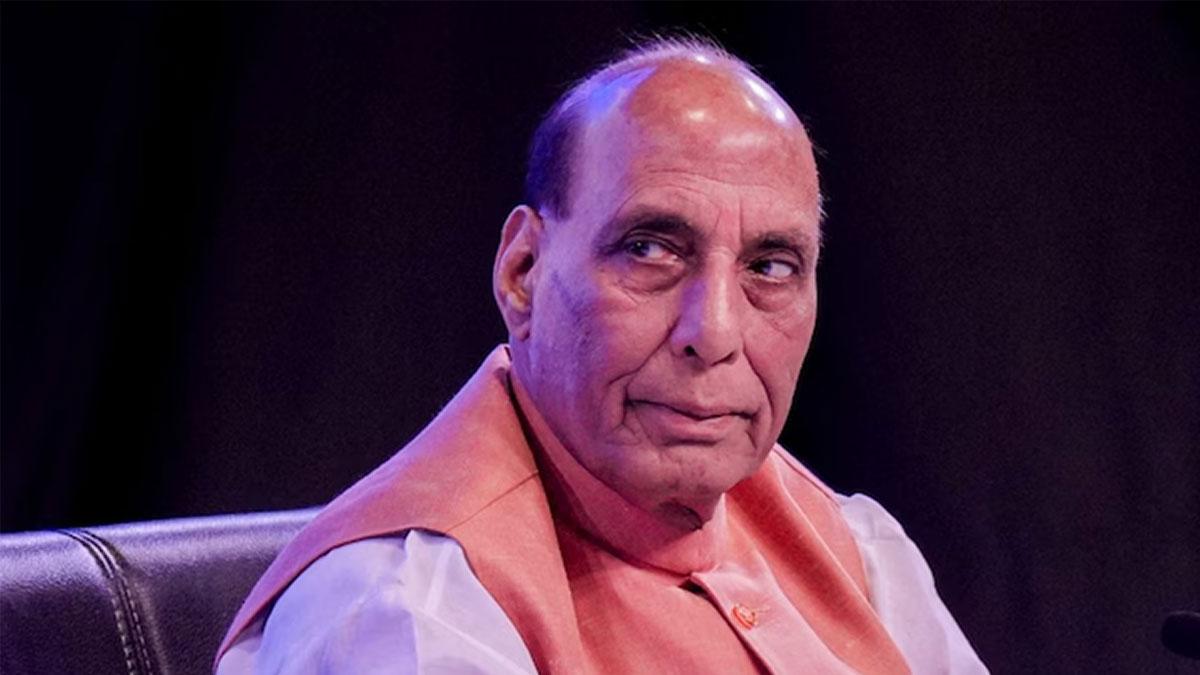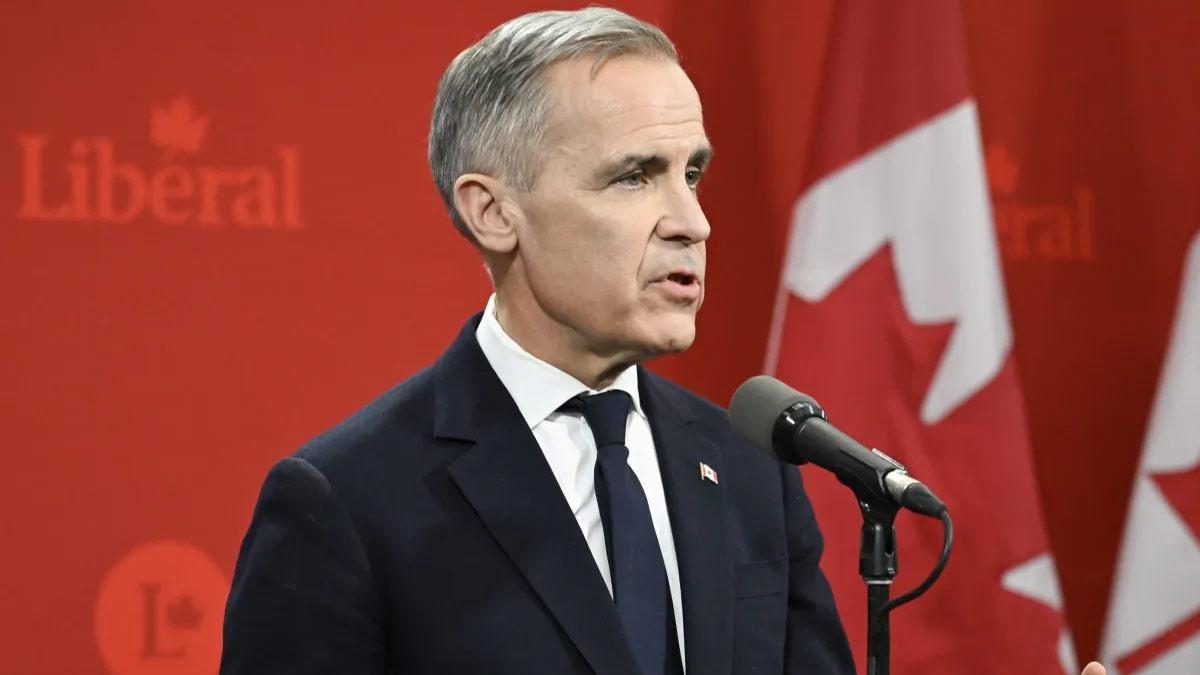After experiencing numerous delays, NASA has formally announced a new launch date for Indian space astronaut Shubhanshu Shukla's historic mission to the International Space Station (ISS).
Shukla will now embark on June 25 aboard a rocket from Launch Complex 39A at NASA's Kennedy Space Center in Florida.
"NASA, Axiom Space, and SpaceX are aiming for 2:31 a.m. EDT, Wednesday, June 25, for the launch of the fourth private astronaut mission to the International Space Station, Axiom Mission 4," announced the agency in a recent X update.
The crew will arrive on the ISS on a new SpaceX Dragon spacecraft launched on a Falcon 9 rocket, the post says.
Originally scheduled for May 29, the mission has been rescheduled numerous times. The launch was successively delayed to June 8, then June 10, 11, and finally June 19. The most recent planned liftoff on June 22 was also rescheduled by reason of continuing reviews attendant to recent work on the Russian Zvezda's aft section service module parked on the ISS.
"The planned docking time is around 7 a.m. Thursday, June 26. NASA will have more information and its broadcast details available soon," the agency said.
The mission is a landmark for India, as it will be the first time an Indian space traveller makes it to the ISS. Group Captain Shubhanshu Shukla will also be the second Indian to go to space following Rakesh Sharma's historic flight in 1984.
Shukla has been tagged as the pilot for this mission, in company with experienced US astronaut Peggy Whitson, who will be commanding the mission.
Slawosz Uznanski-Wisniewski of Poland and Tibor Kapu of Hungary are also part of the team, who will be serving as mission specialists. Throughout his stay on board the ISS, Shukla will be conducting cutting-edge research based on food systems and space nutrition.
These researches are planned through a joint effort by ISRO and India's Department of Biotechnology (DBT) with the assistance of NASA. They intend to further explore the subject of sustainable food production for long-duration space missions.
Some of the research centers on the edible microalgae behavior under space, specifically the influence of microgravity and radiation on their growth and nutritional content. Researchers will examine numerous biological responses such as alterations in gene expression, protein function, and metabolic activity by comparing space-grown algae with algae grown on the planet.
Read also| Israel Vows Unprecedented Strikes on Iranian Regime Targets: Defence Minister


















